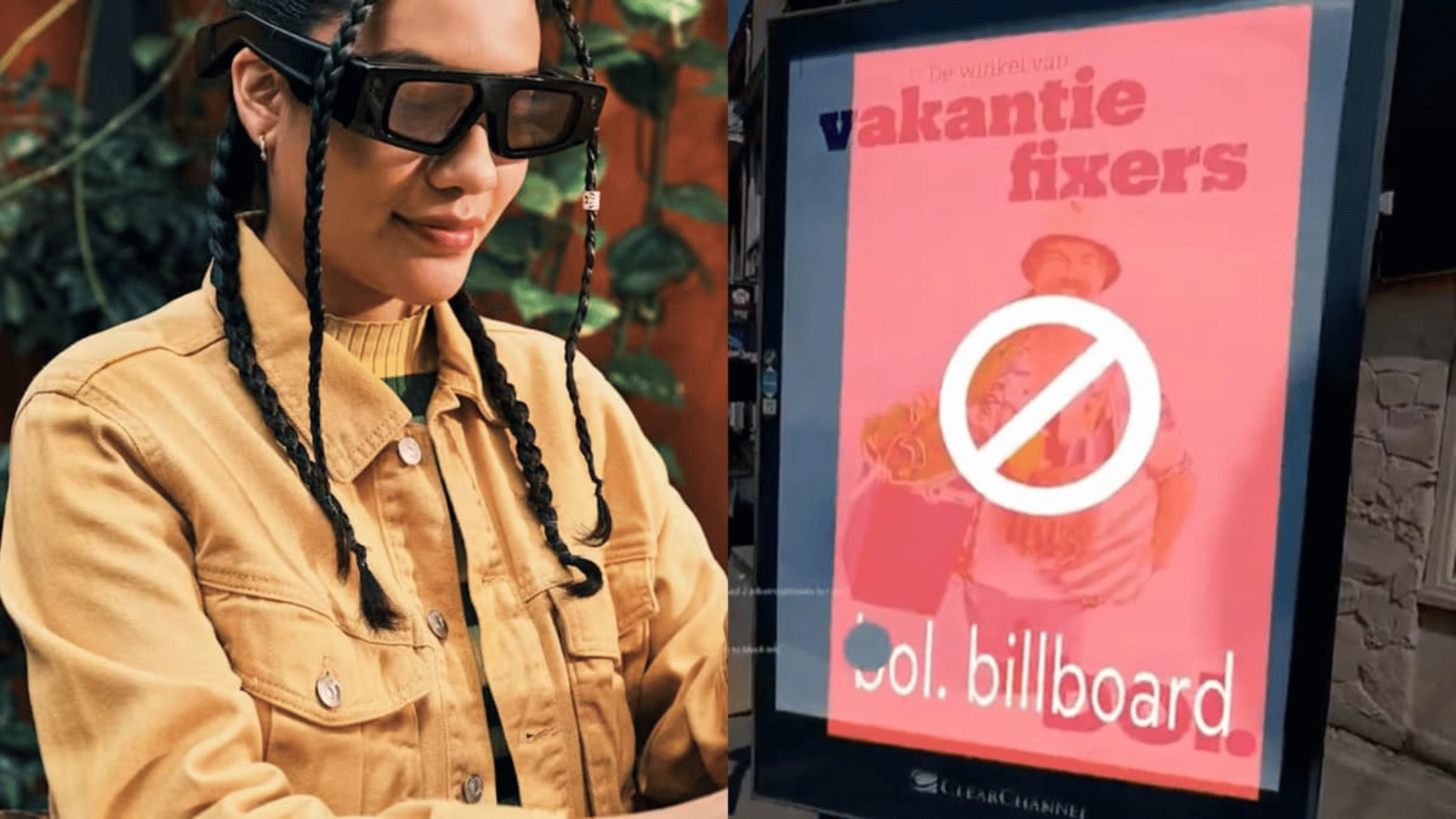It’s always difficult to buy a new computer. So many technical specifications and models to consider, even within the same operating system…and that’s not even getting into the cost. And getting rid of the old machine can be a little sad. Fortunately, when it’s time to upgrade, recycling can take care of what’s now obsolete.
Computer recycling is exactly what it sounds like: desktop PCs and laptops are reprocessed and reused after being discarded. The term is broad and covers other computer-related equipment, like monitors, motherboards, keyboards, and central processors. Much like regular recycling, it prevents buildup in landfills and is far more environmentally friendly.
Of course, throwing your old computer in with your plastics and newspapers won’t work. Computers up for recycling must be collected separately. Depending on the company, there may be a fee associated with disposal. On the other hand, some companies will pay you for recycling. Others may let you trade in for a new machine at a small cost. It all depends on both the recycling company and the computer manufacturer.
The collected computers are then sorted by type. This is mainly to separate computers using cathode ray tubes (CRT) displays versus those with LED displays. Once sorted, the computers are tested to see if reuse is possible. If the computer is in decent shape and only needs minor tweaks, it’ll be repaired and upgraded and sent to be sold second-hand or donated. Another eco-friendly option is purchasing refurbished computers, which can save significant costs while reducing electronic waste.

If the computer is far beyond repair, it’s off to recycling. The device is manually disassembled, and each part is inspected. Those that can be salvaged are set aside to be sold or used for refurbishment in other old computers. Some even get repurposed in newer models, if the part is recent enough. Depending on the company, the computer may be sorted even further into categories like plastics, circuit boards, and non-ferrous/ferrous materials. Dangerous components like rechargeable batteries are sent to specialists as well.
A common misconception is that wiping a hard drive is enough to clear all the data off it. It can be to an extent, but recycling centers take it to the next step by actively shredding or crushing them. The remains are processed into aluminum ingots to be used in automotive manufacturing. Other pieces are also shredded depending on material composition.
Whatever debris is left over is then passed through screening to remove any remaining valuable components. Smelting might be used to remove elements like iron, silver, copper, and even gold. Once everything is sorted and salvaged, it’s up to various specialty recyclers to deal with the remnants. Alternatively, components are sent to manufacturers or raw material buyers, depending on the item.
The only real exception is for CRT glass. Lead and other hazardous materials must be removed from the glass before it can be used again, so it’s up to CRT recyclers to take care of it. Some pieces end up being used for the construction of new CRT devices, but this is growing less and less common.

Modern computers are designed to be easily recycled. In fact, it’s entirely possible that your current PC uses recycled parts in some way. Older computers are far less forgiving in this regard, as recycling wasn’t as easily accessible back then. Furthermore, components in older computers aren’t as common in modern machines.
Computer recycling isn’t as complex as it sounds. It boils down to breaking down each component to its base materials, a deconstruction of motherboards and keyboards. Traditional recycling follows many of the same steps, albeit in a shorter and less involved process. You don’t typically see milk cartons being broken down by hand, after all.







